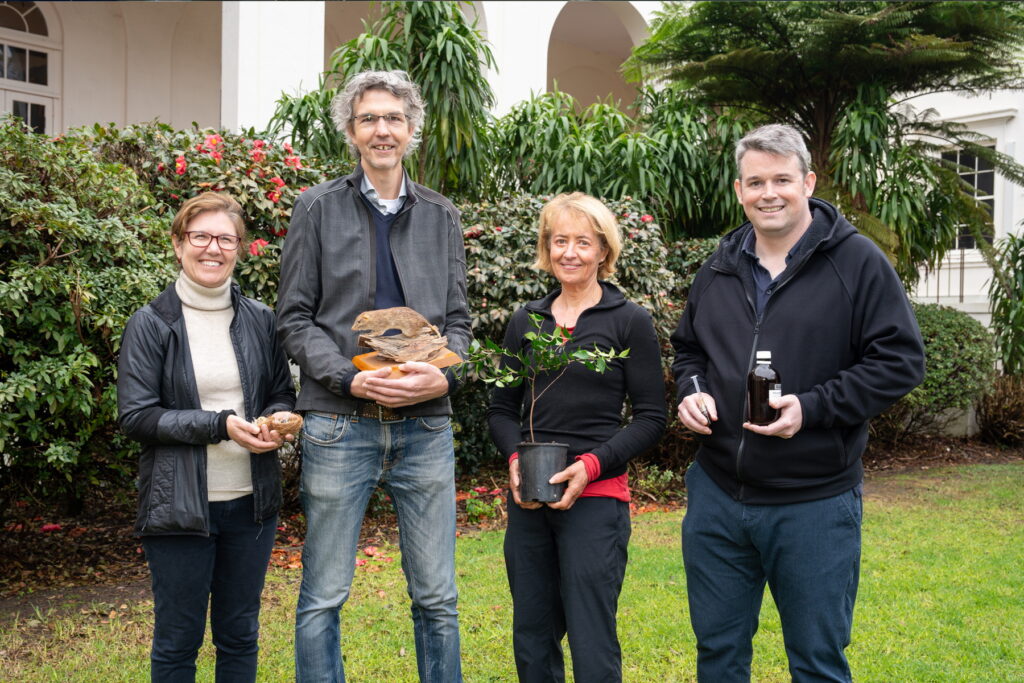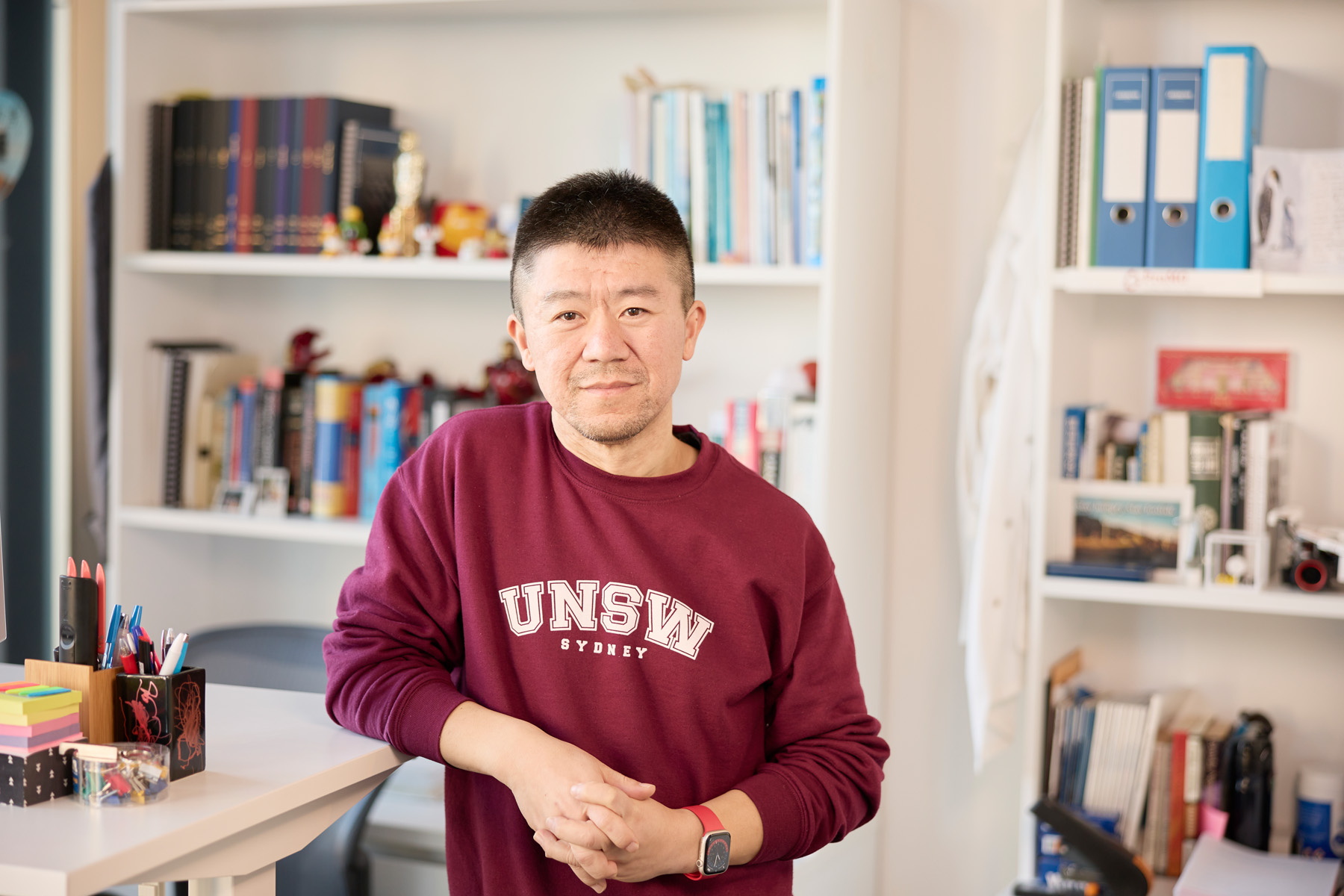Solar panels don’t last forever, but do they have to end up in landfill?
2024-08-28T14:20:26+10:00
The Eureka Prize celebrates scientists perusing solutions to our worlds questions with one nominee researching a solution for solar panel recycling.
Solar panels are everywhere these days, becoming as common as rooftops themselves. Around one in three households across the country having installed them. PV solar panels last between 20-25 years, so when you replace them, what’s next? One of the finalists of the 2024 Australian Museum Eureka Prize has been researching a new method of recycling the materials of solar panel cells.
Solar panel recycling process
UNSW Professor Yansong Shen has developed a patented sieving process for photovoltaic panels to sort its components. The process separates 99% of PV cells by first removing the large components, then crushing and sieving the solar cell to isolate different materials. Valuable metals such as silver can then be recovered and reused in the production of new solar panels.
In a report from UNSW, Professor Yansong Shen said “Putting solar panels into landfill is a big issue because there are a number of harmful metals in the panels that can pollute the soil and pollute the water.” The International Renewable Energy Agency estimates the global volume of cumulative PV waste could reach up to eight million tonnes by 2030. Therefore, a green solar panel supply chain is a practical solution in recycling solar panels at their end-of-life.
Eureka Prize finalists
This year’s Eureka Prize finalists, including Professor Yansong Shen, researched the environment, science, and sustainability. The Sensory Conservation team from USYD is a finalist for the Environmental Research Prize. “They developed a humane pest control method using sensory cues to confuse pests, therefore reducing damage without traps or poison.

Winners for the 2024 Australian Museum Eureka Prizes will be announced at the award ceremony on the 4th of September.






